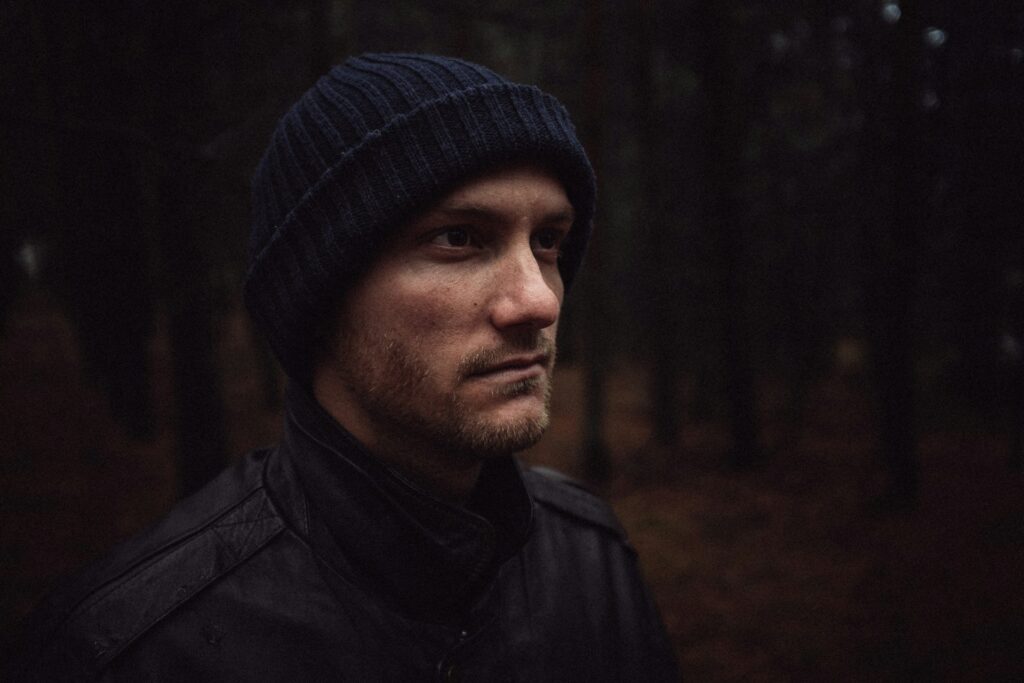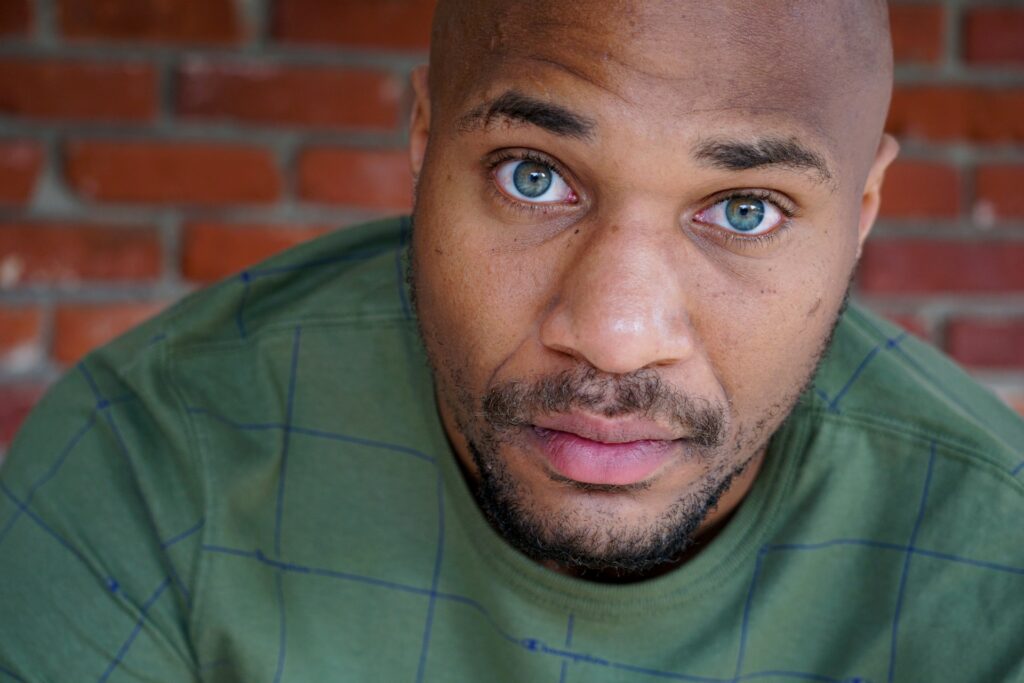In life, it’s natural to reflect on past experiences, but clinging to them can hinder your growth and happiness. If you find yourself dwelling on the past more than living in the present, it may be time to change. Explore these 17 signs to identify if you’re holding on to your past and discover how to move forward with clarity and purpose.
1. You talk about the past non-stop.
 Source: Unsplash
Source: Unsplash
If every conversation leads back to your glory days or past hardships, it’s a red flag. It shows you’re not engaging with the present and are stuck in a time that’s no longer relevant.
2. You see past relationships through rose-coloured glasses.
 Source: Unsplash
Source: Unsplash
Romanticizing ex-partners or past friendships is a sign you’re not accepting the present. Life moves forward, not backward. Holding on to what’s gone suggests you’re not open to new connections.
3. You outright refuse to try new things.
 Source: Unsplash
Source: Unsplash
Sticking to the same old routines and refusing new experiences means you’re living in a comfort zone built by your past. Growth happens outside these zones, so if you’re not pushing boundaries, you’re stagnating.
4. You cling to old grudges.
 Source: Unsplash
Source: Unsplash
Can’t let go of past hurts? It’s a heavy anchor keeping you from sailing into new horizons. Forgiveness isn’t about them; it’s about freeing yourself.
5. You keep stuff you really don’t need and haven’t used in ages.
 Source: Unsplash
Source: Unsplash
Holding on to physical items from your past, especially those you don’t need or that bring back painful memories, is a tangible sign of living in the past.
6. You haven’t redefined your goals.
 Source: Unsplash
Source: Unsplash
If your goals haven’t evolved since you were 20, it’s time to reassess. What mattered then might not be what matters now. Life changes, and your ambitions should too.
7. You’re all about social media stalking people who are no longer in your life.
 Source: Unsplash
Source: Unsplash
Regularly checking up on people from your past, especially those you have no current relationship with, is digital clinging. It’s a window to a world you’re no longer part of.
8. You’re scared to move on.
 Source: Unsplash
Source: Unsplash
Change is scary but necessary. If you find yourself fearful of moving forward or making significant changes, you’re likely stuck in the past.
9. You keep repeating the same old patterns.
 Source: Unsplash
Source: Unsplash
Repeating the same patterns, especially unhealthy ones, shows you haven’t learned from the past. It’s like being on a treadmill – lots of effort, no progress.
10. You still want validation for things you did ages ago.
 Source: Unsplash
Source: Unsplash
Constantly bringing up past achievements for validation indicates you’re not confident in your current self. It’s great to be proud, but not at the expense of the present.
11. New relationships are a no-no.
 Source: Unsplash
Source: Unsplash
Avoiding new connections because they don’t measure up to past ones means you’re not giving the present a fair chance. New people bring new experiences and growth.
12. You can’t (or simply won’t) accept change.
 Source: Unsplash
Source: Unsplash
Life evolves; if you’re stuck wishing for things to be as they were, you’re in denial. Accepting current realities is crucial for moving forward.
13. You’re constantly filled with regret.
 Source: Unsplash
Source: Unsplash
Dwelling on what could have been shows you’re not focused on what could be. Regret is a backward-facing emotion that hinders progress.
14. You’ve stopped learning.
 Source: Unsplash
Source: Unsplash
If you’re not actively learning or trying new things because “you know enough from your past experiences,” you’re limiting yourself. The world keeps evolving; keep up with it.
15. You compare everything to how it used to be.
 Source: Unsplash
Source: Unsplash
If your yardstick for everything is the past, you’re not measuring things fairly. Times change, and so should your perspectives.
16. You resist technology or new trends.
 Source: Unsplash
Source: Unsplash
Being stuck in the ways of the past and resisting current trends, especially in technology, can isolate you and hinder your ability to function in a modern world.
17. You feel stuck in life.
 Source: Unsplash
Source: Unsplash
Feeling like life is stagnant is a major sign you’re living in the past. It’s like watching reruns of a show you’ve seen a hundred times. Exciting at first, but eventually, it becomes dull and unfulfilling.





